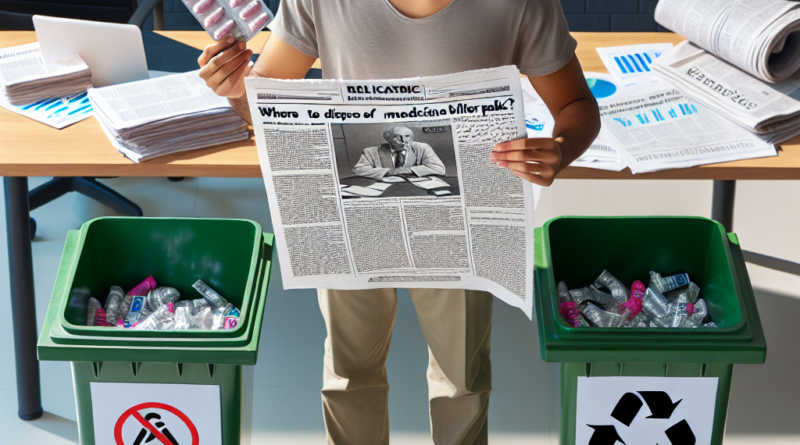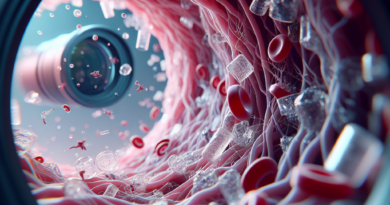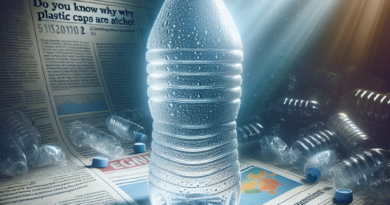Where to Dispose of Medication Blisters? Avoid This Common Mistake
Proper Disposal of Medication Blisters: A Must for Our Planet
How often have we thrown away empty medication blisters without knowing precisely how to dispose of them? Dealing with waste that combines different materials, like plastic and aluminum, can lead to mistakes.
Correctly disposing of medication blisters is essential not just for environmental respect, but also to avoid penalties.
Let’s explore some common mistakes and learn how to properly recycle medication blisters and bottles.
Where to Dispose of Medication Blisters?
Medication blisters, made of plastic and aluminum, are a prime example of “composite waste,” which requires mindful disposal to prevent environmental harm.
If a blister consists of a single piece with mostly plastic, it should be placed in the plastic recycling bin, ensuring it is completely empty first.
If the blister is separable, the first step is to divide the materials: plastic goes in the designated plastic container, while aluminum should be disposed of according to local regulations, which may involve recycling it with metals or glass.
Crucially, blisters containing any leftover medication must never be thrown into regular household trash.
Instead, they should be taken to pharmacies, health authorities, or specialized collection centers for expired or unused medications.
A Common Mistake in Waste Management
One prevalent error is believing that once the medication is removed from the blister, everything can be discarded together in household waste.
It’s vital to remember that even expired or unused medications are classified as special waste.
Not only can the medication, but also the blister itself pose environmental risks if not disposed of properly.
Failing to separate materials or, worse, throwing away blisters with medication can have serious repercussions.
Other pharmaceutical packaging often improperly discarded includes the cardboard boxes containing blisters.
These should be recycled with paper, ensuring that any non-paper elements, such as plastic coatings, are removed.
Patient information leaflets are not always biodegradable and may need to go in the paper recycling bin instead.
Powder medication packets generally consist of non-recyclable composite materials, and if empty, they should be disposed of in non-recyclable waste.
If they still contain medication, they must be returned to a pharmacy for proper disposal.
Furthermore, liquid medication containers, like syrups or vials, can only be recycled as glass if completely empty.
If any liquid remains, they should also be returned to pharmacies or specialized collection centers to prevent environmental contamination.
Indeed, medications, even if expired or unused, are considered “hazardous urban waste.” Their chemical composition can significantly harm the environment, particularly to soil and sewage systems, as well as marine life.
Improper disposal, such as in organic waste or regular household drains, can cause severe ecological damage.




